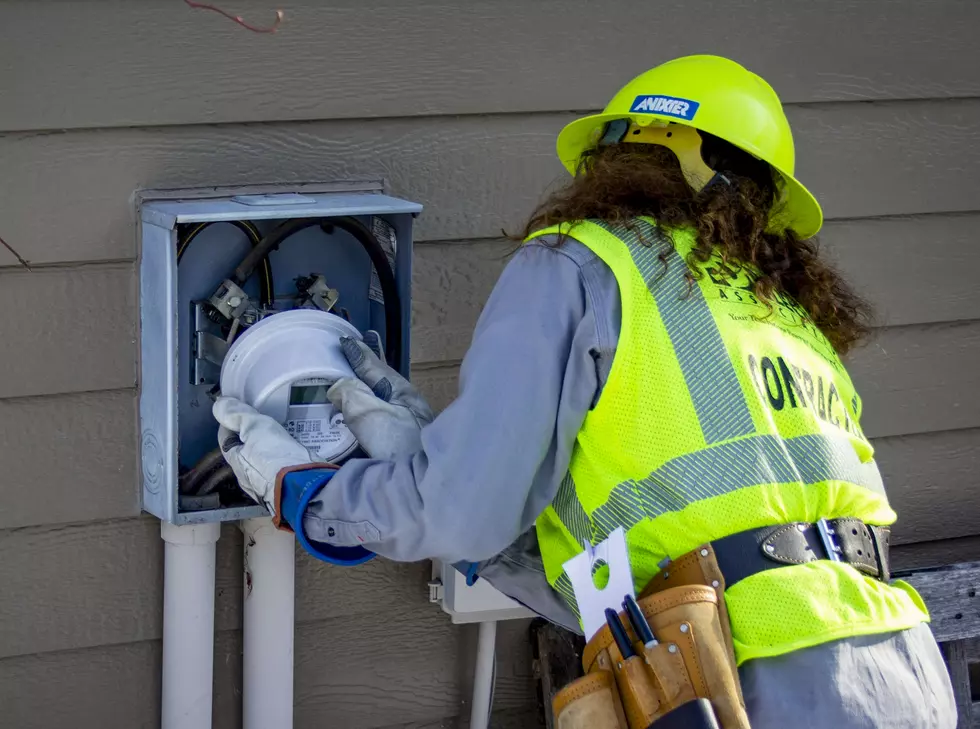
Chelan, Douglas, Grant PUDs Suing Over Treaty, Payments To Canada
The Chelan, Douglas and Grant County PUDs have a lawsuit against the Bonneville Power Administration and the U.S. Army Corps of Engineers.
The PUDs are part of an agreement the federal agencies have with Canada over the flow of water on the Columbia River, which is called the Columbia River Treaty.

Chelan PUD Director of Strategic Affairs Tracy Yount says the lawsuit is meant to force the Bonneville Power Administration to inform the PUDs of what their contribution to an updated treaty will be.
"They have yet to be able to describe to us what our obligations are," said Yount. "And that creates impacts to us and our ratepayers. It creates impacts in us not being able to plan for the future, not being able to know what exactly we have in our portfolio to serve load and to service the contracts that we have in place."
The current Columbia River Treaty expires on September 15th.
The treaty was established in 1964. It calls on Canada to construct three storage dams - facilities that would store water in a way that protected downstream flow of water into the U.S. from flooding.
In addition to providing flood protection, the treaty requires Canada to operate the river flow in a way that maximizes the ability of downstream dams in the U.S. - both federal and non-federal dams - to generate power. Canada is required to adjust the flow of water accordingly.
In return, the treaty requires the U.S. dams to fulfill the Canadian Entitlement Allocation Extension Agreements (CEAEA). The stateside dams are required to return half of the downstream benefits back to Canada. The payment comes in the form of power. The dams must send a certain amount of electrical power back to Canada that equals half the downstream benefits the waterflow provides for the U.S. dams to generate power. For every two megawatts of power benefitting U.S. dams, one megawatt must be sent back across the northern border.
The Mid-Columbia PUDs, or Mid-Cs – The Chelan, Douglas and Grant County PUDs have an agreement the Bonneville Power Administration, to supply 27.5 percent of the Canadian Entitlement. Bonneville Power (BPA) has six dams that are responsible for the larger chunk of the Canadian Entitlement – 72.5 percent.
Still, the Mid-Cs portion of the payment has risen sharply over the past decade from about $150 million to roughly $500 million.
The lawsuit claims the U.S. no longer realizes the same value of power as was projected in 1964. The suit calls for that calculation to be undated.
It also calls for the Mid-Cs to be informed on what their contribution will be in the next overall Columbia River Treaty as the current one expires in about two-and-a-half months.
“We need some information out of BPA,” Yount said. “We need an agreement in place by literally September 16th so that we can plan for the future.”
The lawsuit is designed to compel Bonneville Power to come to the table and identify what the new power arrangement will be.
It suit says the Bonneville Power has done nothing, “other than to suggest that the Mid-Cs agree to extend the soon-to-expire Canadian Entitlement Allocation Extension Agreements (CEAEAs), an option the Mid-Cs first told BPA more than seven years ago was (and remains) a nonstarter because the amount of electricity they currently supply is vastly more than the downstream power benefits they actually receive.”
The current Columbia River Treaty was negotiated in 1997.
The Canadian Entitlement is generated at six Federal hydroelectric projects:
- Grand Coulee
- Chief Joseph
- McNary
- John Day
- The Dalles
- Bonneville
There are five non-Federal hydroelectric dams involved in the treaty, all from the Mid-Cs:
- The Wells Dam - Douglas County PUD
- The Rock Island and Rocky Reach dams - Chelan Couty PUD
- The Wanapum and Priest Rapids dams - Grant County PUD
Items Adding to Your Electricity Bill You Should Unplug or Turn Off
Gallery Credit: Billy Jenkins
More From NewsRadio 560 KPQ









